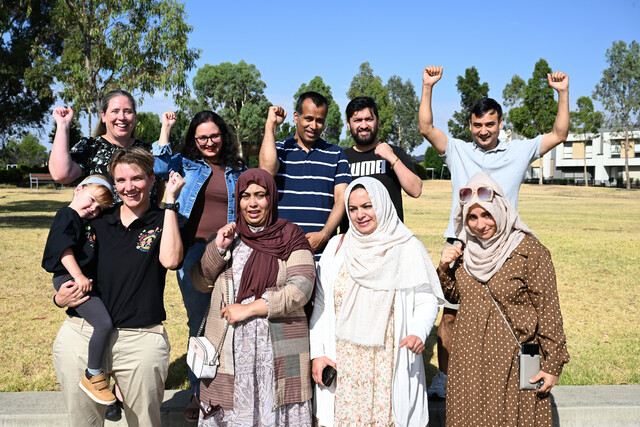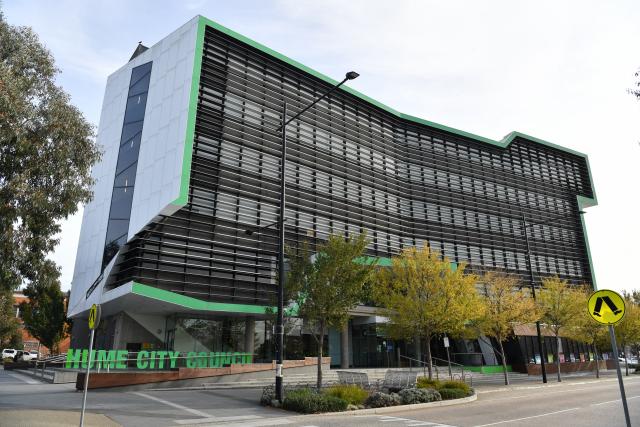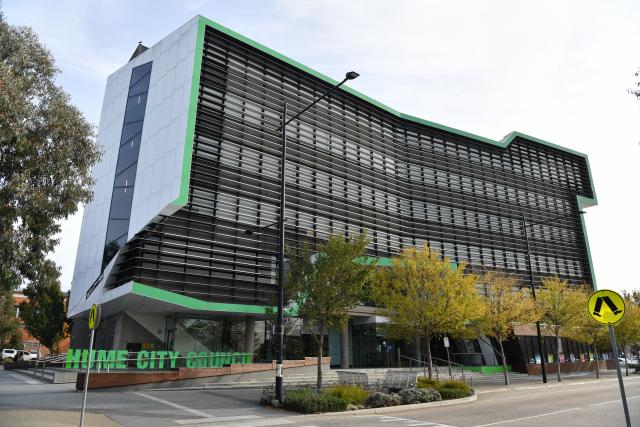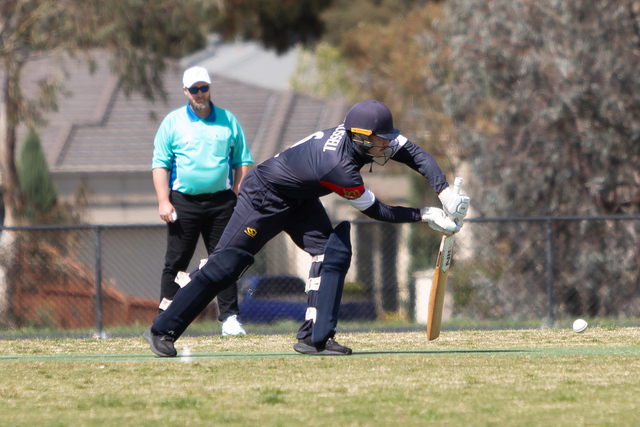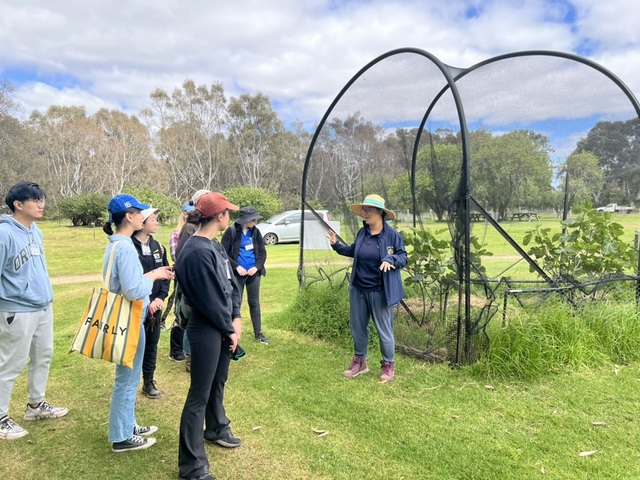Melbourne’s northern suburbs will receive an injection of funding to address racial and religious tensions.
State Multicultural Affairs Minister Robin Scott was in Fawkner last Tuesday to announce $100,000 to promote “social cohesion” in Hume and Whittlesea.
The municipalities were among a group of eight identified as needing initiatives to build respect and create community connections.
The funding announcement comes in the wake of homegrown terrorism concerns.
Craigieburn teenager Jake Bilardi is reported to have carried out a suicide attack in central Iraq after joining Islamic State last month.
In January, Roxburgh Park student Suhan Rahman claimed to have joined IS.
The funding will help pay for young people from diverse backgrounds to be trained as intercultural mediators to support friends dealing with challenges related to cultural diversity.
A girls’ soccer group in Coolaroo West will be established and the Hume Interfaith Network will work with a group of young people to respond to culturally sensitive issues or breakdowns.
Ajit Singh, a youth settlement worker at Spectrum Migrant Resource Centre, will be co-ordinating the youth network, which is also receiving funding from Hume council.
He said he had found five young people – at university, in high school, unemployed and eeking work – who were keen to facilitate dialogue around harmony and religious belief.
“We want the group to proactively identify and respond to any issues created by religious or cultural differences,” he said.
A 2013 RMIT report that looked into social cohesion and fragmentation of previously tightly knit working-class areas in Melbourne’s north reported that Fawkner was attracting mainly overseas migrants from Muslim backgrounds attracted by local Islamic schools and low house prices.
Lead investigator Val Colic-Peisker said these migrants were often highly skilled but unable to secure appropriate jobs.
“Due to its relative geographical isolation, ageing of post-war migrants and the precarious employment of recent immigrants, Fawkner has the potential to develop into a disadvantaged enclave,” Associate Professor Colic-Peisker said.


